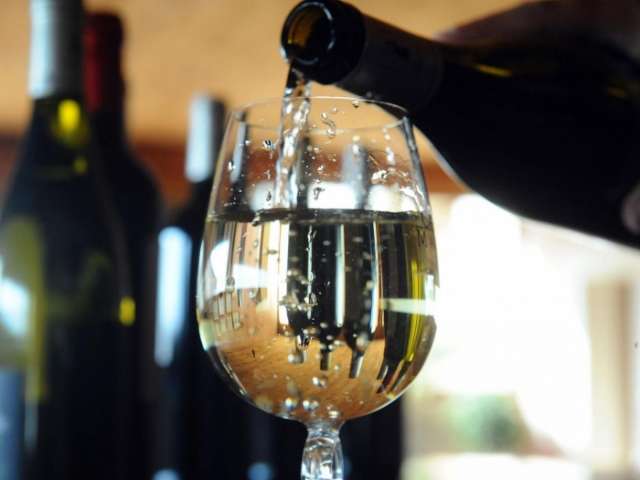Experts found strong evidence that taking vigorous exercise (such as running or biking) cut the risk of pre-menopausal breast cancer by 17 per cent compared to women who were least active, and led to a 10 per cent drop for post-menopausal breast cancer.
Meanwhile, breastfeeding had a strong relationship with decreasing the risk of both types of the disease.
There was also “limited but suggestive” evidence eating non-starch leafy vegetables such as cabbage, kale, rocket and spinach decreased the risk oestrogen-receptor (ER) negative breast cancer, a less common type of tumour but one that was harder to treat.
Consuming foods high in carotenoids, such as carrots, tomatoes, apricots, spinach and sweet potatoes, was also linked to a lower risk of breast cancer, as were dairy foods and others high in calcium.
But there was strong evidence that just a small amount of wine or beer a day (about 10g of alcohol) increased the risk of pre-menopausal breast cancer by 5 per cent and pushed up the risk by 9 per cent in the case of post-menopausal.
In the UK, beers, wines and spirits are measured as units, with one unit being 8g of pure alcohol.
A one-unit-sized alcoholic drink is approximately equivalent to 250ml of 4 per cent strength beer, 76ml of 13 per cent wine, or 25ml of spirits.
The study also found being overweight or obese increased the chance of post-menopusal breast cancer, but cut the risk of pre-menopausal breast cancer if people were overweight in their younger years.
Dr Anne McTiernan, a lead author of the report and cancer prevention expert at the Fred Hutchinson Cancer Research Centre in Seattle, said: “With this comprehensive and up-to-date report the evidence is clear: Having a physically active lifestyle, maintaining a healthy weight throughout life and limiting alcohol are all steps women can take to lower their risk.”
She explained that the links between food and breast cancer were intriguing but needed further research.
“The findings indicate women may get some benefit from including more non-starchy vegetables with high variety, including foods that contain carotenoids,” she said.
“That can also help avoid the common one to two pounds women gain every year, which is key for lowering cancer risk.”
Alice Bender, the head of nutrition programmes at AICR, said: “Wherever you are with physical activity, try to nudge it up a bit, either a little longer or a little harder.
“Make simple food shifts to boost protection, substitute vegetables like carrots, peppers or green salad for chips and crackers and, if you drink alcohol, stick to a single drink or less.
“There are no guarantees when it comes to cancer, but it's empowering to know you can do something to lower your risk.”
Baroness Delyth Morgan, the chief executive of Breast Cancer Now, said: “Even one drink each day can increase your risk. The more you drink, the higher your chance of developing the disease at some point in your life.”
Dr Rachel Thompson, the head of research interpretation at the WCRF, said: “To help prevent breast cancer, one of the most important steps women can take is to not drink alcohol or reduce the amount of alcohol they drink.
“Maintaining a healthy weight and getting enough exercise are also important for preventing breast cancer.”
Kevin McConway, the emeritus professor of applied statistics at the Open University, said: “Breast cancer is one of the commonest cancers, and according to Cancer Research UK (CRUK), out of 100 UK women about 12 or 13 will develop a breast cancer at some point in their lives.
“Imagine that these 100 women all drank an extra small glass of wine or half a pint of beer every day, compared to what they drink now. On WCRF’s figures, that would lead to one more of them developing a breast cancer during their lifetime.
“Any increase is a bad thing, but it’s only one more out of the 100 women, and that has to be set against whatever pleasure the women might obtain from their drinking.”
Breast cancer is the most common cancer in women in the UK with over 55,000 new cases each year.
More about: #breastcancer #wine #beer
















































